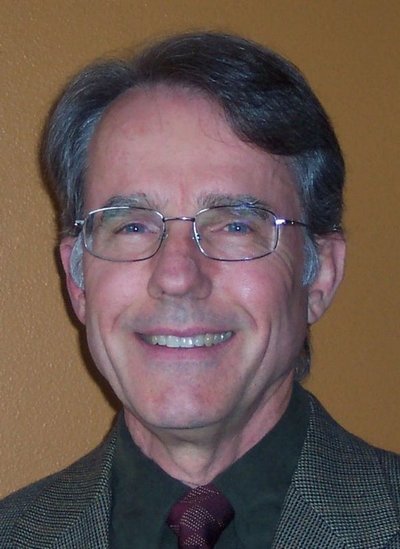June 5, 2008
UW Public Health names 2008 Distinguished Alumni
When Dr. Ward Hinds retired in February 2007 from his position as health officer for the Snohomish Health District, he left behind a 21-year career devoted to setting a higher standard for serving the public’s health in Snohomish County.
It had proven to be quite a goal. Public health faced serious challenges during his tenure, including the rise of the HIV/AIDS epidemic and the establishment of public health as an emergency responder to new and emerging threats such as pandemics and bioterrorism.
But Hinds rose to the challenge. He confronted the HIV/AIDS crisis with courage and vision, promoting a needle exchange and drug counseling program — despite community opposition — to help stem the infection’s spread among intravenous drug users. He led the call for curbing tobacco use, particularly among teens, for getting children vaccinated, and for improving nutrition for low-income mothers and their children.
A graduate of Vanderbilt University School of Medicine (1970) and the UW School of Public Health and Community Medicine (1975), Hinds worked in preventive medicine and public health for 35 years of his medical career. Among the numerous positions he has held are: U.S. Army preventive medicine officer, academic researcher at the Cancer Center of Hawaii, and a state epidemiologist in Kentucky. Today, he holds an appointment as a clinical professor in the Departments of Health Services and Epidemiology in the School of Public Health and Community Medicine at the UW.
An active alumnus of the UW School of Public Health and Community Medicine, Hinds will be recognized June 13 for his lifelong dedication to improving public health when he receives the 2008 Distinguished Alumni Award from the School during its graduation celebration.
“I am deeply honored to receive this award,” Hinds said. “I have great respect for the School of Public Health and Community Medicine and for the many knowledgeable people I have known and worked with here at UW over the years.”
They are years that included major challenges, important success stories, and educational milestones in the public health arena. “We have faced some very tough issues in public health in the past few decades, and I feel good about the remarkable progress we’ve made in a number of areas,” he said. “The last 35 years have seen dramatic success in reduction of tobacco use and addiction, and Washington state has been a leader in this effort. Tobacco is a major cause of chronic disease, and the reduction of its use is one of the most important success stories in public health.”
When HIV/AIDS emerged in the early 1980s, Hinds was the state epidemiologist at the Kentucky Department for Health Services. “There was a lot of hysteria in those early years around transmission of the disease, and a lot of education that needed to take place in the public school system and the workplace about HIV transmission and prevention,” he said. “In recent years, antiretroviral drugs have increasingly made HIV a fairly manageable chronic disease, which is a tremendous evolution since the 1980s.”
In the aftermath of the 9/11 terrorist attacks, Hinds said, public health took on a challenging new role — not only in preparation for possible bioterrorism, but in overall disaster preparedness.
“We needed to work with our community partners — with law enforcement, with our emergency response partners in fire departments and in the criminal justice system — to devise a quick action plan for identifying potential quarantine needs for victims of bioterrorism, as well as overall disaster preparedness in the community,” he said.
Today, Hinds is enjoying his retirement, making time for things he rarely had time for before, like the Master Gardener Program — an educational effort in which avid gardeners come together to practice and promote community gardening and associated environmental and social priorities, such as water quality protection and conservation. Hinds is working on a possible book about infectious diseases acquired in a gardening environment, such as those due to transmission by mosquitoes, ticks and rodents, or soil fungi and bacteria.
“Ward Hinds is low-key and modest,” said Dr. Jim Gale, UW professor emeritus of epidemiology, who nominated Hinds for the 2008 Distinguished Alumni Award. “When I approached him about being nominated, he protested that while he was ‘steady, competent, and effective,’ he did not consider himself ‘distinguished.’ Of course, I disagreed with that assessment.”
Gale said the public health and preventive medicine contributions of Hinds will long be appreciated, throughout Snohomish County, across Washington state, and beyond.
“He has set a standard of public service to which others should aspire,” Gale said.



